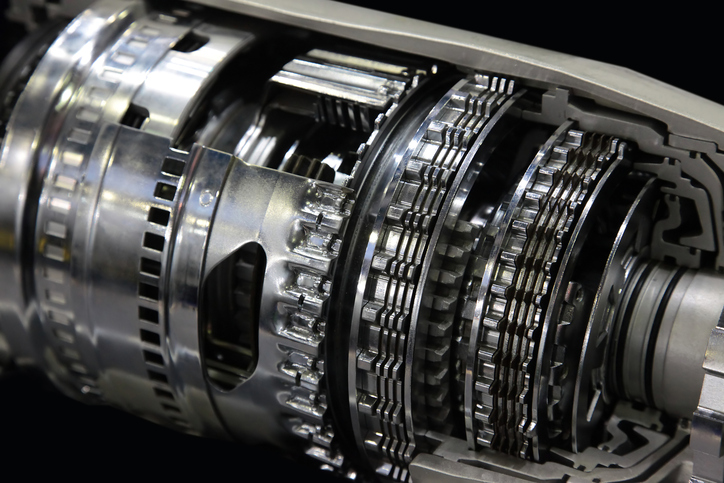
Some jobs completed by mechanics, like rotating tires, doing oil changes, and replacing brake pads, are incredibly common. Others, like repairing an automatic transmission, are not. In fact, repairing an automatic transmission is something of a specialty, and something that is unlikely for most mechanics to do several times throughout an entire career.
Curious about why repairing an automatic transmission is such a rare thing to do? Here’s a look at some of the main reasons why it’s often easier to just chuck a broken one and get a replacement instead.
Automatic Transmissions Are Far More Complex Than Manual Transmissions
The convenience afforded by automatic transmissions comes at a bit of a cost: automatic transmissions are far, far more complex than their manual cousins.
Where a manual transmission is essentially a small collection of gears and parts that allow a car to shift between them, an automatic transmission includes hundreds of different pieces. A gear set, hydraulic system, seals, cabling, computer sensors, and many other components all come together in a complex combination to allow gears to shift automatically. This level of complexity makes repairing an automatic transmission a challenging proposition for people without a deep familiarity with the part. Some individuals specialize in repairing automatic transmissions, so after becoming a mechanic, don’t be surprised if your workplace ends up sending transmissions to these individuals for repair.
After Becoming a Mechanic, You May Find Repairing an Automatic Transmission Takes Too Long
An automatic transmission’s complexity is an obstacle in that, even for a trained specialist, it can be difficult to figure out what exactly is wrong with it before beginning repair. This means it could require taking apart hundreds of pieces to find the one that is failing, repairing that, and then putting the transmission back together. And even if it’s known in advance which part needs replacing, that same lengthy process might be required anyways.
Graduates of automotive training programs will know that longer repair jobs typically end up costing a client more money in both labour and lot space. As a result, the undertaking of repairing an automatic transmission just may not be worth it for the client. Instead, the recommendation is typically that the client just buy a different restored transmission for their car. This is still pricey, but the client at least won’t need to pay for a lengthy repair process.
After Becoming a Mechanic, You’ll Likely See Newer Transmissions Are Even Tougher to Fix
Newer automatics, like continuously variable models or those with dual-clutch systems, offer some interesting performance advantages over regular automatic transmissions, with smoother (or no) shifting being an important one. Their newness does work against them, however, in that established auto pros aren’t always as comfortable working with newer technology as they are with technology they have fixed for years.
Being less familiar with uncommon transmission types can lead to repairs for them taking longer. The expectation that the work could take longer for the new forms of automatics could lead to high estimates, and therefore the recommendation that clients opt for a replacement instead.
Do you want to learn how to fix all kinds of cars?
Contact CATI to learn how to start mechanic school in Cambridge!
